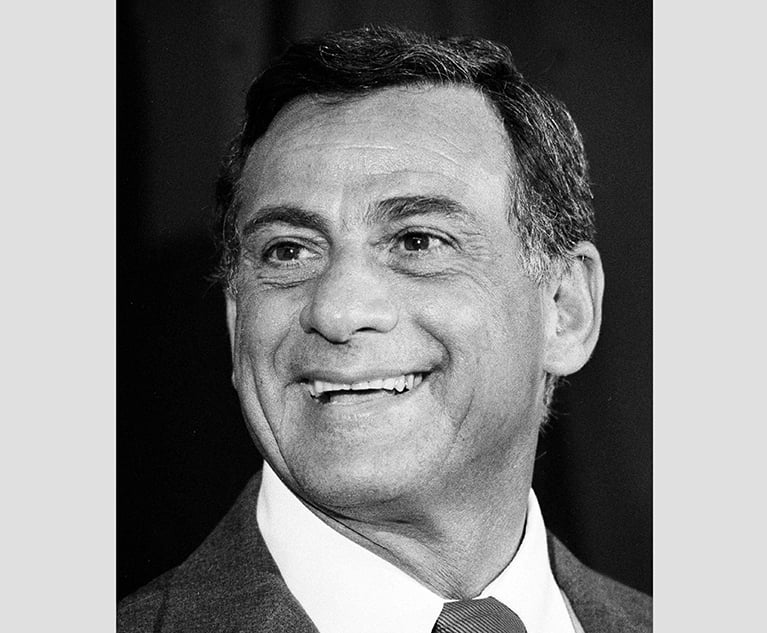Just as COVID-19 disproportionately impacts the health of the poor and minorities, so too it is giving rise to an unprecedented demand for legal services by those who cannot afford to pay for an attorney. These individuals require legal assistance for an ever-growing range of matters and disputes, at a moment in time when they (along with the rest of society) grieve over the death and despair caused by the crisis.
In response to this enormous challenge, the courts, organized bar and legal services organizations have acted swiftly and comprehensively. For example, the New York State Bar Association (“NYSBA”) is working in partnership with the state’s Unified Court System, the Governor’s office, and legal service providers to ensure increased demand for legal services, especially among the poor and minorities, can be met as New York recovers. To this end, NYSBA has developed a statewide pro network of volunteer attorneys to meet the demand in those areas where the greatest surge in new cases is anticipated.


 Central Park during Memorial Day weekend, after the state’s shelter-in-place order expired. (Photo: Ryland West/ALM)
Central Park during Memorial Day weekend, after the state’s shelter-in-place order expired. (Photo: Ryland West/ALM)




